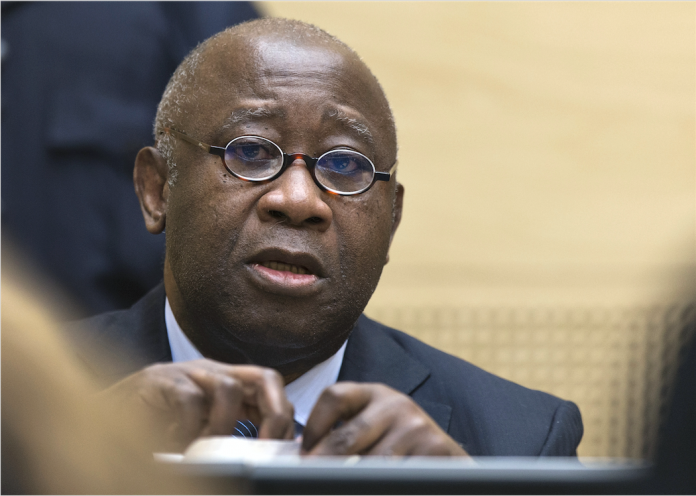The Abidjan court of first instance on Tuesday ruled the removal of former Ivorian President Laurent Gbagbo from the electoral list.
This decision has serious consequences, as it definitively eliminates Laurent Gbagbo from the list of citizens likely to run for the presidential election and any other electoral ballot in Côte d’Ivoire.
The Abidjan Court’s rendering is the end of a standoff that began in early August between supporters of Gbagbo and the CEI (Independent Electoral Commission). In fact, supporters of Laurent Gbagbo had protested in front of the CEI headquarters to denounce the deletion of his name from the electoral list.
At the end of this demonstration, the movement, at the initiative of this protest, led by the opponent Georges Armand Ouégnin (pro-Gbagbo) had assured recourse to justice to restore Gbagbo to his civil rights. Rights he lost, according to Ivorian justice, after his conviction in Ivory Coast to 20 years in prison.
The Abidjan Court of First Instance has therefore just confirmed Laurent Gbagbo’s final withdrawal from the listings. More problematic, this decision is not subject to appeal.
And more generally, with this act of justice, barring a miracle, the political career of the former Ivorian president has just seen its end.
The Ivory Popular Front (FPI) which he founded with friends has been split in two since its fall in 2010. Part of the officially recognized FPI is headed by ex-Prime Minister Pascal Affi Nguessan and the other made up of dissidents called the GORs, “Gbagbo or nothing” is in the hands of a few companions in the struggle of the former president, but which is not recognized by the judiciary and political personnel as well as diplomats.
Will the GORs join with Pascal Affi N’Guessan to lead the political fight and especially to try to win the presidential election in October 2020? For now, everything indicates that this option is totally unthinkable as the positions are radically divided between these two groups.































